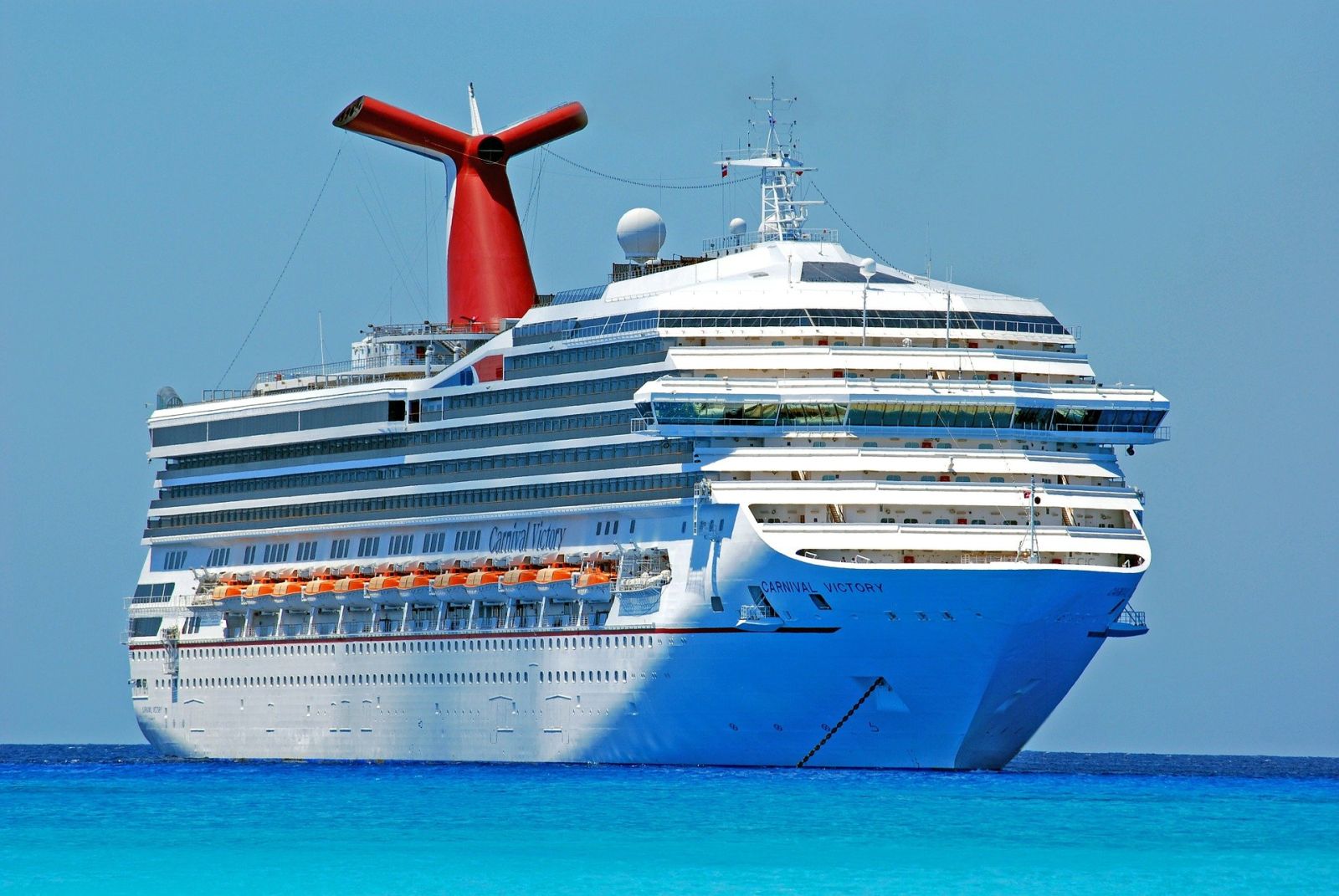
From a quick glance, cruise ship operator Carnival (CCL) might appear a tempting upside proposition. On Monday, CCL stock popped up 12.45%, bolstered by two major banks upgrading their assessment on the equity to buy. The improved rating comes amid the banks’ analysts meeting with Carnival’s management team, who apparently expressed optimism regarding cruise bookings for the first half of 2024.
As well, the surge higher is part of a wider bullish framework. In the trailing month alone, shares skyrocketed to the tune of nearly 43%. Since the January opener, CCL stock prints a return of almost 85%. In the past 365 days, patient investors saw their holdings rise by 48.54%.
The concept of revenge travel – or the desire to get out of the home following a collective bout of cabin fever – continues to undergird the broader travel ecosystem. Nevertheless, investors may want to consider the entire picture before diving in.
Options Traders Love CCL Stock
With respected analysts changing their tune on CCL stock to the positive, it wasn’t any surprise that the security made rumblings in the derivatives market. Following the close of the June 12 session, CCL became a highlight for Barchart’s screener for unusual stock options volume.
Specifically, total volume hit 553,454 contracts against an open interest reading of 2.597 million. Moreover, the delta between the Monday session volume and the trailing one-month average metric came out to 356.47%. Drilling down, call volume landed at 410,255 contracts against put volume of 143,199 contracts. This pairing yielded a put/call volume ratio of 0.35, on paper favoring the bulls.
Fundamentally, multiple sources confirm that the revenge travel catalyst continues to fire strongly this year, suggesting that it may carry over into future years. If so, CCL stock represents a viable enterprise. Usually, cruise ship packages offer far better bang for the buck for consumers on a budget, making seabound voyages a popular platform.
In addition, a much hotter-than-expected May jobs report loosely suggests that those who want to work can find opportunities relatively easily. Mathematically, the latest labor print speaks of more dollars chasing after fewer goods. Therefore, it might make sense for would-be vacationers to book their plans now before prices rise.
That might help to explain some of the optimism in CCL stock and the underlying cruise ship industry. Still, prospective buyers will want to be cautious about overplaying this hand.
Carnival Stock Could Be Overextended
While it doesn’t seem like it at the moment, CCL stock could be getting overextended, meaning that it’s not out of the question for an eventual correction to materialize.
For starters, the labor market narrative might not be as strong as the headline numbers imply. As the Associated Press pointed out, while hiring jumped in May, so too did unemployment. Specifically, the unemployment rate increased to 3.7% from a five-decade low of 3.4% in April. Further, it’s the highest unemployment rate since October.
In addition, the length of the average work week declined in addition to hourly wage growth. Interestingly, the AP wrote that the latter indicates that “many businesses feel less pressure to dangle higher pay to find and keep workers.” People are also taking longer to find employment opportunities, translating to a consumer economy that could possibly weaken several months down the line.
Also, the Motley Fool – Barchart’s content partner – makes an excellent point that Carnival’s enterprise value is bloated. During the COVID-19 pandemic, Carnival nearly went under, forcing aggressive measures to survive. Subsequently, the number of outstanding shares increased by 66% over the past three years while debt spiked by 41% to $35 billion.
Because enterprise value represents market value plus net debt, the tightness of correlation between the CCL stock price and its enterprise value widened considerably in 2020.
Put another way, Carnival’s market capitalization is down about 44% since the beginning of 2020 while CCL stock is down about 70% during the same period. Therefore, because of the stock dilution, each share represents a smaller fraction of equity in the cruise ship operator.
So, CCL may not be as good of a deal as you might initially think it is. Plus, if the consumer economy hits a snag down the line, Carnival could end up being a bull trap.
On the date of publication, Josh Enomoto did not have (either directly or indirectly) positions in any of the securities mentioned in this article. All information and data in this article is solely for informational purposes. For more information please view the Barchart Disclosure Policy here.






